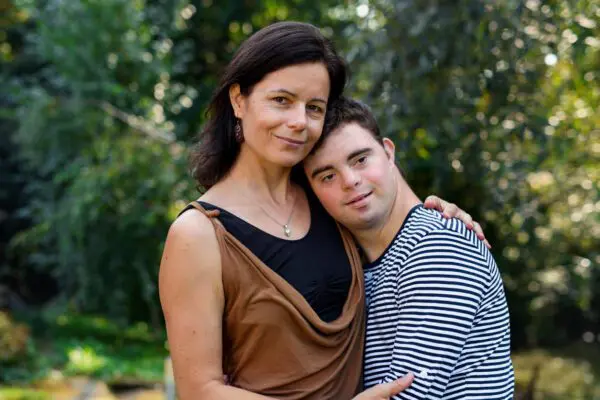Blog
Divorce Tips for Parents with Children Who Have Special Needs
A Goranson Bain Ausley attorney shares tips on how to ensure your child’s future is secure and that they will have the safest transition possible.
Blog
Child Support for Adults with Disabilities in Texas: Customized Support After 18
Attorney Hayley Collins Blair discusses customized child support for adult children with disabilities.



